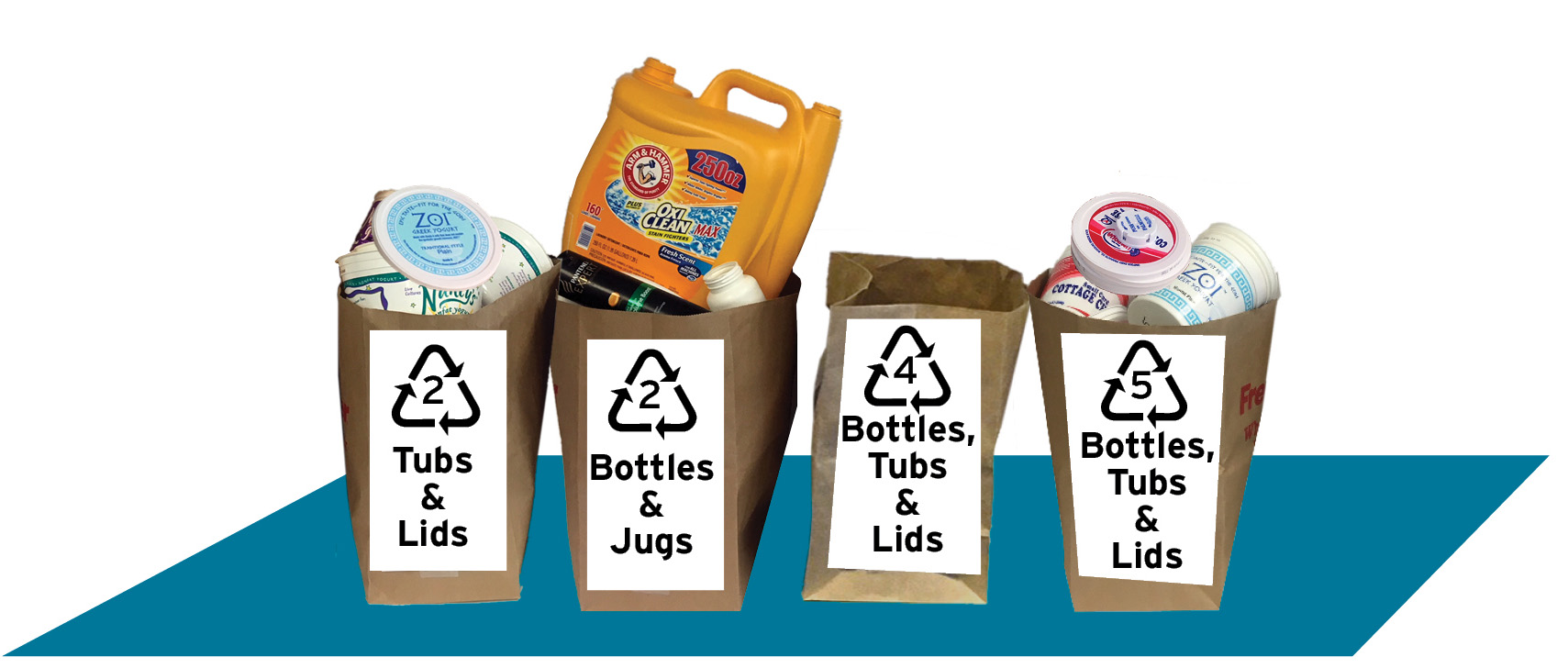More than 50 years later, we are still reckoning with that one word.
In an iconic scene in the 1968 film, “The Graduate,” a brief dialogue ensues between the recent college graduate and a family friend at his graduation party.
Mr. McGuire: “I want to say one word to you. Just one word.” Benjamin: “Yes, sir.” Mr. McGuire: “Are you listening?” Benjamin: “Yes, I am.” Mr. McGuire: “Plastics.”
Many have over-analyzed that exchange from a score of perspectives but we’re going to keep it simple here.
The future in 1968 was going to be in the booming plastics industry and Benjamin should look to a career in it.
Half a century later we’re wallowing, no, drowning in that industry’s pollution from the high seas to the lowlands.
To its credit, the Monongalia County Commission took the initiative on plastic recycling years ago and has just kept going with it.
Ditto for the city of Morgantown contracting with its trash hauler to provide for single-stream recycling.
However, we’re losing the battle on plastics recycling and look to be harming the environment in our efforts.
For instance, the good done by the recycling roundups and pickups is often undercut by carbon emissions of the hundreds of vehicles those tons of plastics arrive in. Not to mention the water used to clean them for recycling.
We recently read that despite Lane County, Ore.’s successful roundups it decided to turn over plastic recycling to its residents. After volunteers undergo training to serve as community collectors their goal is to collect two cubic yards of plastic before scheduling a date to drop it off for recycling.
Two cubic yards is approximately the size of a pickup truck bed or a jumbo refrigerator. Collectors may be neighbors, businesses, churches, civic groups or others.
Yet, even if that program’s goal of 300 collectors is met it still won’t stem the tide of plastic needing to be recycled.
It’s estimated worldwide, only about 14% or 15% of all plastic is recycled. The problem it would seem is our society generates far more plastic than it needs.
We realize there might be bigger issues than goals to collect No. 2, 4 and 5 plastic bottles, jugs, tubs and lids.
But any policies and programs to endlessly recycle single-use cutlery, bottles and straws is delusional without a new approach to this issue.
Aiming for no-plastic use for the vast majority of people is unrealistic. However, we can all do more to overcome our plastics’ addiction. Clearly, consumers may not know where to start, but if everyone takes some responsibility for this issue and government leads we can do better.
If we use less plastics to begin with and collect more of it we can make a greater difference.
Otherwise, that one word 50 years from today may just spell, disaster.




